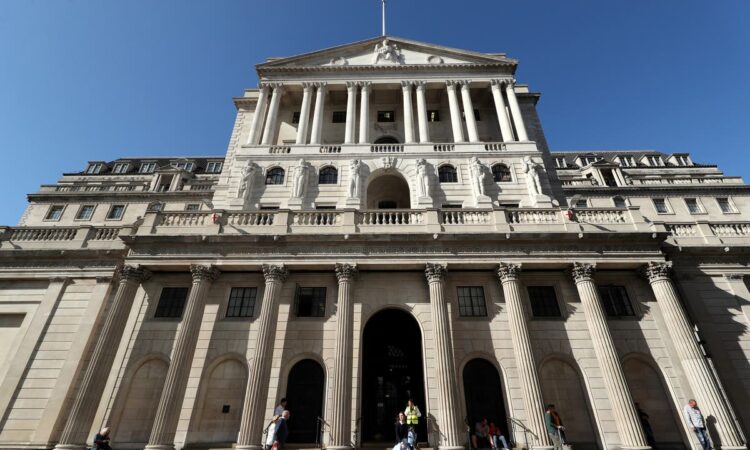
he UK economy expanded by 0.3 per cent in January, which was better than predicted, according to data released today by the Office for National Statistics.
That was a significant improvement over the 0.5 per cent decline recorded in December as a result of strikes by health care workers, train and postal employees, and other workers. However, the underlying picture remains weak and a recession is still possible, as GDP is 0.2 per cent smaller than it was before the pandemic.
But what is a recession and what have experts forecasted for the UK this year?
What is a recession?
A recession is defined as two successive quarters of decline in GDP. It is the common measurement of the size of a country’s economy. In the UK, it is measured in sterling and is a calculation of the value of goods and services produced over a period of time.
But the measurement most people focus on is the percentage change – the growth of the country’s economy over a period of time, typically a quarter or a year. It has been used since the 1940s.
A recession happens when the GDP figures turn negative and the economy goes into decline.
If a recession carries on for a long time, or is particularly bad, it is known as a depression.
Will we see a recession this year?
The Bank of England still expects the UK to enter recession this year, though it will be shorter and less severe than previously thought.
The Confederation of British Industry said a recession in 2023 was likely and the chancellor needed to take “a bolder approach to tackling labour and skills shortages and falling business investment”.
Chancellor Jeremy Hunt warned the UK was “not out of the woods yet”.
He said: “The fact the UK was the fastest-growing economy in the G7 last year, as well as avoiding a recession, shows our economy is more resilient than many feared. However, we are not out of the woods yet, particularly when it comes to inflation.”
Meanwhile, Labour’s shadow chancellor called for “urgent measures” to be brought forward to alleviate the cost of living crisis. Rachel Reeves said: “Today’s figures show us how – despite Britain’s great potential – our economy is stuck in the slow lane. We can be a leader in the industries of the future that will help grow our economy.
“And we must bring in urgent measures to prevent yet more harm from the cost of living crisis, using a proper windfall tax on oil and gas giants to stop the energy price cap going up in April so that people have more money in their pockets.”
When was the last recession?
The UK entered a recession in 2020 because of Covid lockdowns.
The economy plunged by 20 per cent between April and June in 2020, as businesses closed and people were ordered to stay at home. GDP had fallen by 2.2 per cent between January and March that year.
At the time, the ONS said: “This is the largest quarterly contraction in the UK economy since ONS quarterly records began in 1955, and reflects the ongoing public health restrictions and forms of voluntary social distancing that have been put in place in response to the coronavirus pandemic.”
The biggest recent recession to hit the UK was the crash of 2008. Dubbed the great recession, it was caused by rising energy prices and the collapse of the housing market. This recession lasted for five quarters and was the longest one on record since the Second World War. The downturn of 2008 was global, and affected all the G7 countries.






